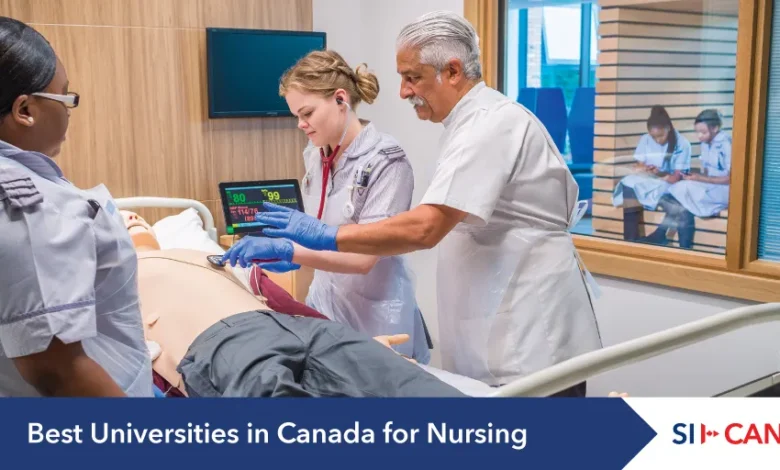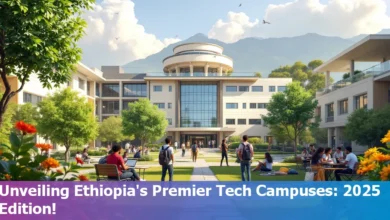Best Universities in Canada for Nursing Students
Best Universities in Canada for Nursing Students

Canada is known for its high-quality healthcare system and world-class universities, making it one of the best study destinations for nursing students. Whether you’re an international student or a local applicant, Canadian nursing programs prepare you for global career opportunities.
Here are the best universities in Canada for nursing students:
1. University of Toronto
• Program: Bachelor of Science in Nursing (BScN), Master of Nursing, PhD.
• Why It’s Great: Ranked among the top nursing schools in the world with strong research facilities and clinical placements at major hospitals in Toronto.
• Duration: 2–4 years (depending on the program).
2. University of British Columbia (UBC)
• Program: Bachelor of Science in Nursing, MN, MSN, and Doctoral programs.
• Why It’s Great: UBC emphasizes hands-on clinical training, leadership, and community-based health care.
• Location: Vancouver, a multicultural city great for international students.
3. McGill University
• Program: BScN, MSc(A) in Nursing, and Nurse Practitioner programs.
• Why It’s Great: Known for its bilingual programs (English & French), McGill offers strong nursing research and international exchange opportunities.
4. University of Alberta
• Program: BScN, MN, PhD in Nursing.
• Why It’s Great: One of Canada’s largest nursing faculties with diverse clinical placements and specialized tracks like pediatrics and mental health.
5. McMaster University
• Program: BScN, MScN, PhD.
• Why It’s Great: McMaster is known for its problem-based learning model, allowing students to engage in real-life case studies and hands-on clinical training.
6. University of Ottawa
• Program: BScN, MScN, PhD.
• Why It’s Great: Offers programs in both English and French. It’s also affiliated with top hospitals in Ottawa, ensuring excellent clinical placements.
7. Western University (Ontario)
• Program: BScN, MScN, Nurse Practitioner, PhD.
• Why It’s Great: Focuses on leadership, research, and global health in nursing education.
8. Queen’s University
• Program: BScN, MScN, PhD.
• Why It’s Great: Small class sizes, close interaction with professors, and strong alumni networks in Canada’s healthcare system.
9. Dalhousie University
• Program: BScN, MN, Nurse Practitioner.
• Why It’s Great: Located in Halifax, Nova Scotia, Dalhousie offers strong community-based nursing programs and international learning opportunities.
10. University of Calgary
• Program: BScN, MN, PhD.
• Why It’s Great: Focuses on evidence-based nursing practice and is well-connected with Alberta Health Services for practical training.
Admission Requirements for Nursing in Canada
• High school diploma (with strong grades in Biology, Chemistry, and Math).
• Proof of English proficiency (IELTS/TOEFL).
• Some universities may require CASPer (Computer-Based Assessment for Sampling Personal Characteristics) test.
• Personal statement and reference letters.
Tuition Fees & Scholarships
• Tuition (International students): CAD $20,000 – $45,000 per year.
• Scholarships:
• Lester B. Pearson Scholarship (U of T)
• UBC International Leader of Tomorrow Award
• University-specific entrance awards
Career Opportunities After Graduation
Graduates can work as:
• Registered Nurses (RNs)
• Nurse Practitioners (NPs)
• Clinical Nurse Specialists
• Public Health Nurses
With Canada’s growing healthcare needs, nursing graduates are in very high demand.
Final Note: Nursing schools in Canada are competitive, so apply early and make sure your application highlights both academic excellence and passion for healthcare.







